Good airflow does more than stop smells – it stops mold, saves energy, and makes rooms feel comfortable. Most homeowners don’t realize a stuck fan or a clogged vent can raise heating bills by 15 %. Let’s clear up the basics so you can breathe easier without calling a pro every time.
Every kitchen, bathroom, and laundry needs fresh air to carry away steam, cooking fumes, and moisture. When the extractor fan doesn’t work, humidity builds up, leading to mould on walls and a musty smell. The same goes for upstairs rooms; poor circulation traps dust and allergens.
Besides health, ventilation impacts your heating and cooling system. A well‑ventilated home retains heat longer in winter and lets cool air flow in summer, meaning your boiler or heat pump doesn’t work overtime. In short, a small fan can save big money.
First, check the power. Unplug the fan, remove the cover, and look for loose wires or a blown fuse. A quick visual inspection fixes many problems without a technician.
If the fan hums but doesn’t spin, the motor bearings might need cleaning. Use a soft brush and a bit of oil, then test again. Most modern fans last years with this simple care.
When it’s time to replace, measure the old unit’s diameter and note the vent size. Most kitchen and bathroom fans fit standard 100 mm or 150 mm ducts. Grab a new fan with the same airflow rating (measured in m³/h) to keep performance consistent.Installation is straightforward: mount the new fan with the supplied brackets, connect the wiring according to the colour code, and seal the duct with foil tape. Tight seals stop air leaks, which can otherwise undo all your work.
Don’t forget the filter. A clogged filter reduces airflow and makes the motor work harder. Clean or replace it every 3‑6 months depending on use. A quick wipe with a damp cloth keeps the fan quiet and efficient.
For homes with heat pumps, ensure the outdoor unit has clearance and isn’t blocked by debris. A blocked coil looks like a dirty fan – clean the area, check the fan blades, and you’ll often restore warm air output instantly.
Finally, test everything. Turn the fan on and feel the air at the vent; you should get a steady breeze. Run the heat pump for a few minutes and notice if warm air reaches the room. If anything feels off, a quick call to a qualified ventilation expert can catch hidden issues before they become costly repairs.
With these simple steps, you can keep your home ventilated, your bills low, and your indoor air clean – all without waiting for a service call.
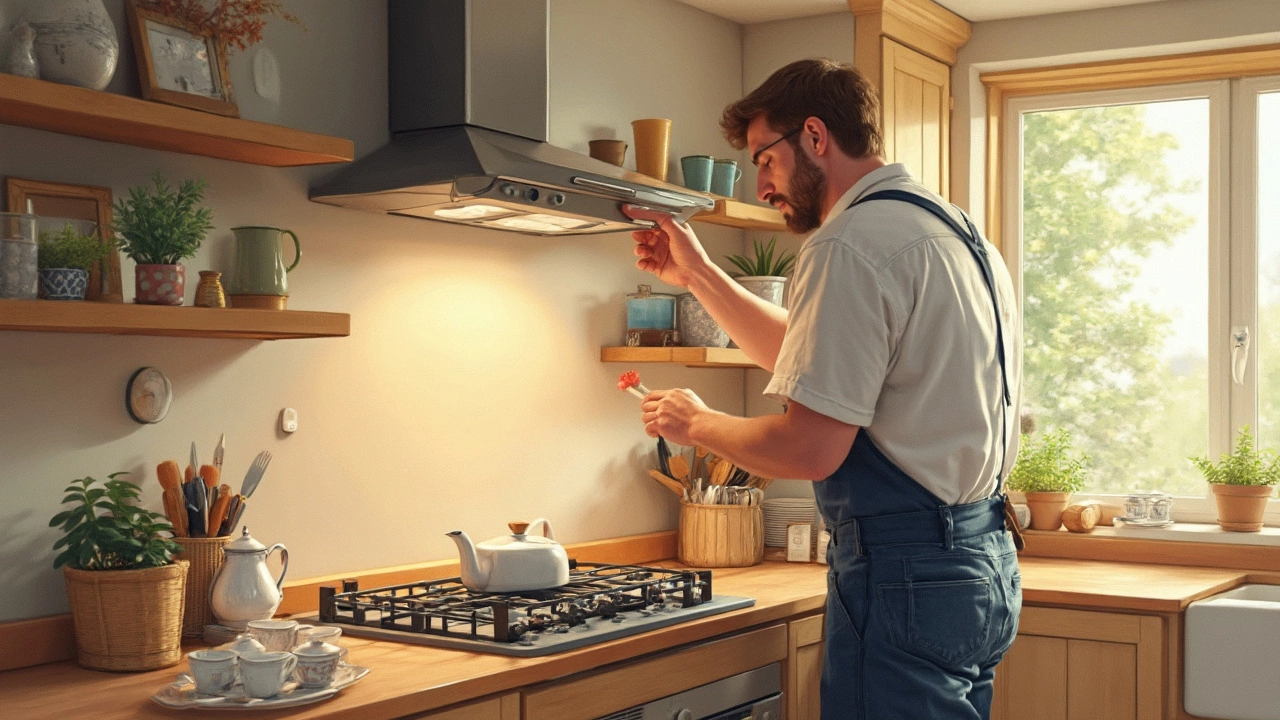
Keeping your home well-ventilated is essential, and extractor fans play a crucial role in maintaining air quality. Whether you're installing a new fan or repairing an old one, it's important to know who to call. Professional electricians and specialized ventilation technicians are the go-to experts. They ensure fans are properly installed and functioning efficiently, saving you from potential hassles down the road.
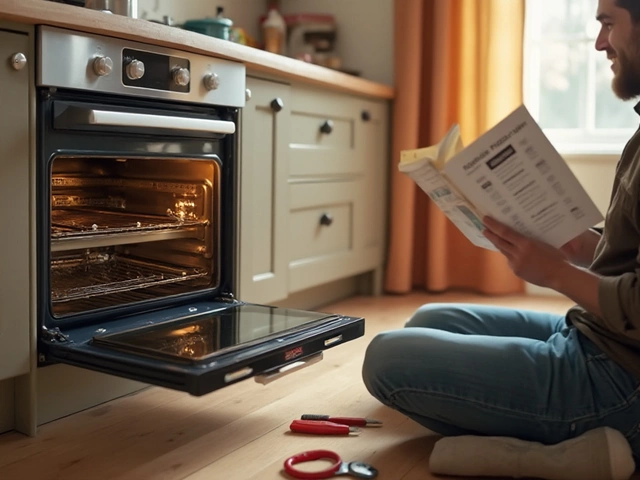
If your electric oven isn't heating properly, it might be time to replace the heating element. Understanding the costs and what's involved in the repair process can help you make informed decisions. This article dives into the factors affecting replacement costs, step-by-step guidance on how to change the element, and practical tips to ensure your oven runs smoothly. With these insights, you can tackle the repair yourself or hire the right professional for the job.
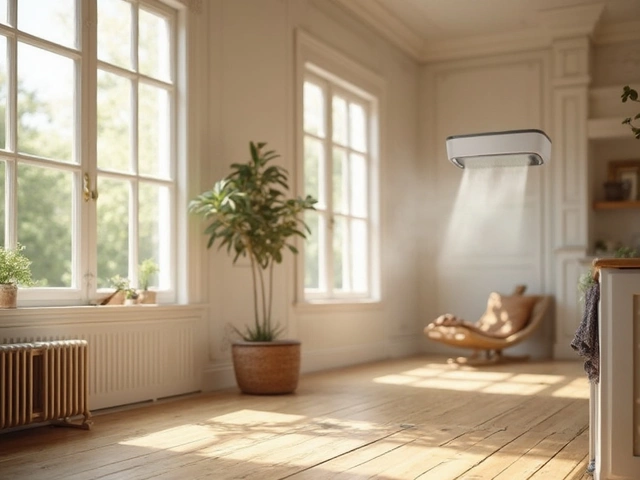
Trying to figure out if you need a ventilation fan or an extractor fan? This article breaks down the differences between the two, explains how each one works, and shares tips for choosing and maintaining the right fan for your home. You’ll also pick up advice on recognizing issues, making easy repairs, and knowing when it's time to replace. If you’ve got problems with humidity, bad smells, or stuffy air, this guide is for you.
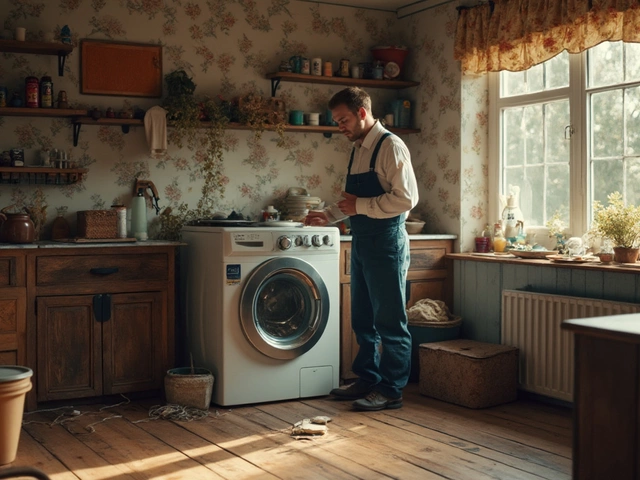
Wondering if fixing your 7-year-old washing machine is worth it? This guide helps you weigh the pros and cons. Consider factors like repair costs, common issues, and the appliance’s lifespan. Find out when it makes sense to repair or replace. Get informed tips to make the best decision for your laundry room.
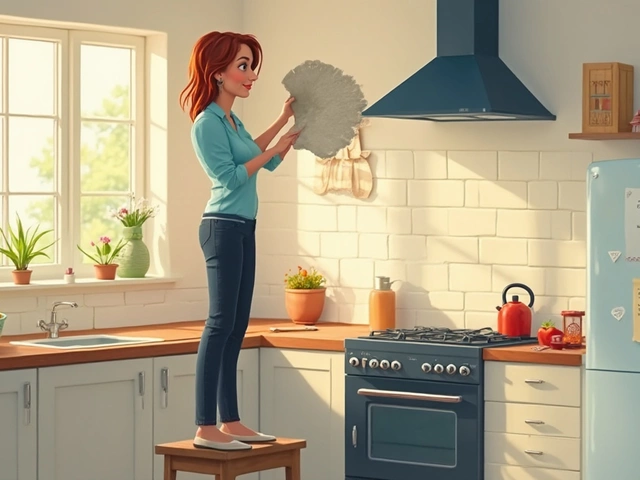
Struggling with a kitchen extractor fan that's lost its power? This guide explains how to find and fix common blockages that cause bad smells and poor airflow. Learn step-by-step how to safely clean your fan and make it work like new, plus get handy maintenance tips to stop future clogs. We break down the process so you don't need tools or special skills. Get your kitchen back to normal without calling in an expert.

Can you replace an electric hob element? Absolutely! This hands-on guide dives into safe, practical steps for swapping out faulty burners and keeping your electric hob in top shape.